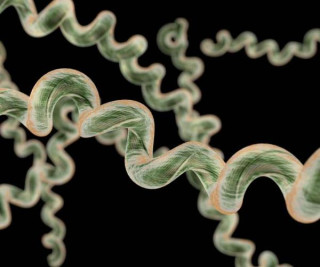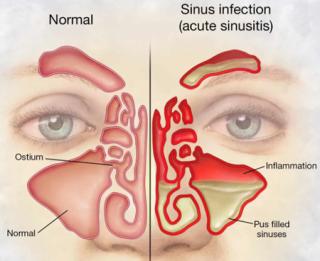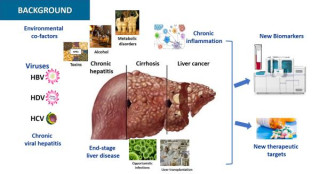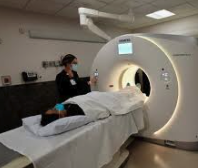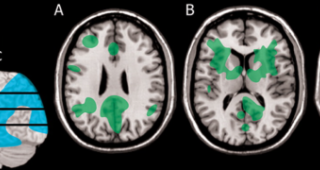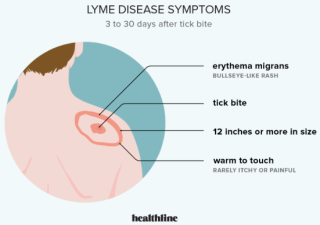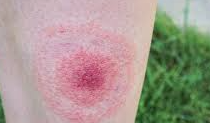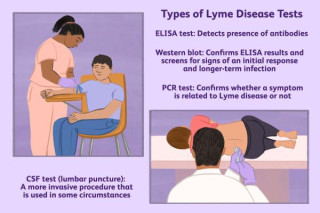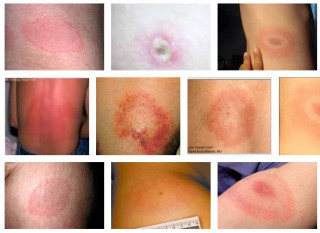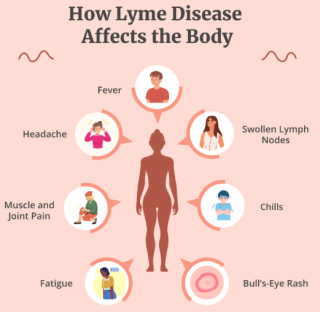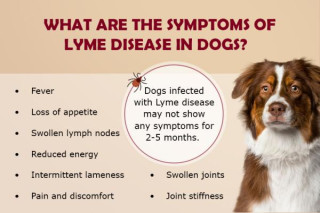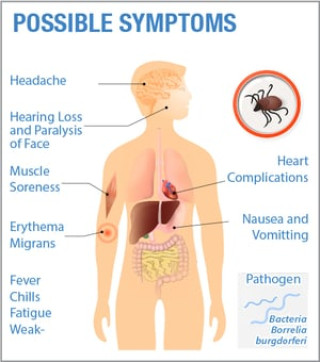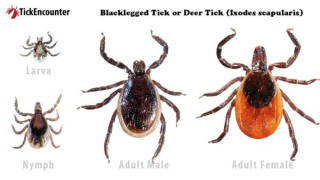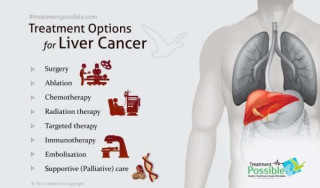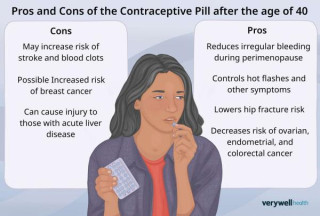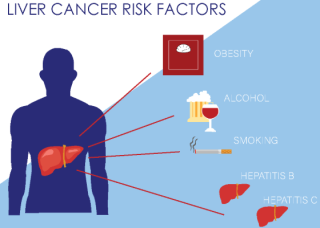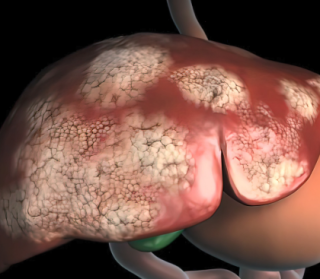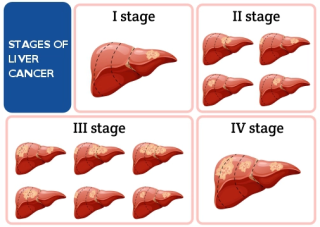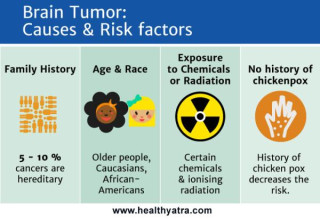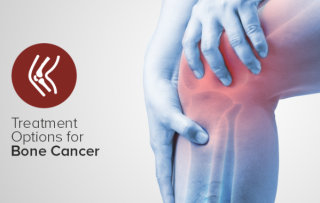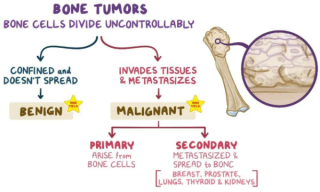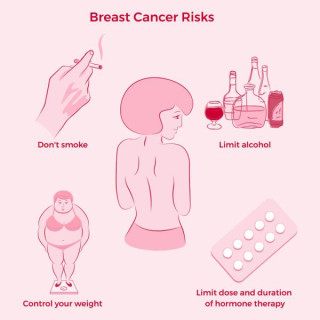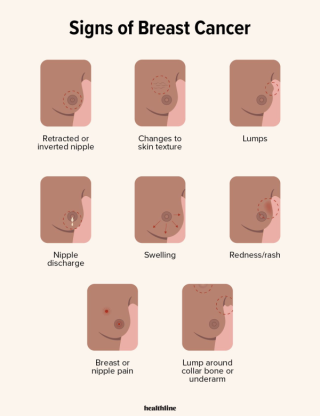Decoding Lyme Disease Diagnosis: Unraveling the Mysteryupdated at Nov 08, 2025 1,561 1,561 The Diagnostic Dilemma of Lyme DiseaseDiagnosing Lyme disease is notoriously complex and frustrating, |
Exploring the Rise in Sinusitis: Understanding the Factors Behind the Increaseupdated at Nov 08, 2025 1,409 1,409 The Alarming Increase in Sinusitis CasesIn recent years, |
Unraveling the Connection: Viral Hepatitis and Liver Cancer Riskcreated at May 04, 2009 1,400 1,400 Chronic infection with hepatitis B (HBV) and hepatitis C (HCV) viruses are major risk factors for liver cancer, |
Exploring Sinus Dysfunction: Factors Affecting Ciliary Functionupdated at Nov 07, 2025 1,372 1,372 Understanding why cilia, |
Understanding Sinus Drainage: The Role of Ciliaupdated at Nov 08, 2025 1,424 1,424 Ciliary Action: The Body's Microscopic Conveyor BeltTiny, |
Demystifying Sinusitis Diagnosis: Insights into the Processupdated at Nov 08, 2025 1,577 1,577 Clinical EvaluationThe initial step in diagnosing sinusitis revolves around a comprehensive clinical evaluation.This includes a detailed discussion of your medical history, |
Unveiling the Culprits: Understanding the Causes of Sinusitisupdated at Oct 30, 2025 1,338 1,338 Sinusitis, |
Does Lyme disease affect mental functioning?updated at Nov 07, 2025 1,436 1,436 Does Lyme Disease Affect Mental Functioning?Lyme disease, |
How do I know if I have got Lyme disease?created at May 06, 2009 1,255 1,255 Lyme disease symptoms can vary greatly but often begin with a characteristic expanding rash (erythema migrans) at the site of a tick bite.Other early symptoms may include fever, |
Will my doctor treat me for Lyme disease?updated at Sep 06, 2025 1,332 1,332 Doctors typically treat Lyme disease when a patient presents with symptoms consistent with the disease, |
Does other diseases accompany Lyme Disease?updated at Nov 08, 2025 1,757 1,757 Lyme disease can often be accompanied by other diseases or conditions. These are sometimes referred to as co-infections or opportunistic infections.Here's a breakdown:Co-infections: These are other tick-borne diseases that can be transmitted at the same ti... |
A test for Lyme Diseaseupdated at Nov 08, 2025 1,408 1,408 Two-Tiered Serological TestingThe most common approach to testing for Lyme disease involves a two-tiered serological process using blood tests.This method looks for antibodies your body produces in response to Borrelia burgdorferi, |
Is Lyme disease a New Illness?updated at Nov 07, 2025 1,827 1,827 Is Lyme Disease a New Illness?Lyme disease is not a new illness.Although formally identified and named in 1975 following an outbreak in Lyme, |
How prevalent is Lyme disease?updated at Nov 07, 2025 1,606 1,606 Lyme Disease Prevalence: A Public Health ConcernLyme disease stands as the most common vector-borne illness in both the United States and Europe.Its widespread presence and the challenges associated with diagnosis and reporting make it a significant public... |
How does Lyme Disease start?updated at Nov 08, 2025 1,425 1,425 Lyme disease is an infectious disease caused by a spiral-shaped bacterium of the *Borrelia* genus, |
Unraveling Borreliosis: Understanding the Disease Caused by Borrelia Bacteriaupdated at Nov 08, 2025 1,396 1,396 Borrelia BacteriaBorreliosis, |
How does Lyme disease infection occur?updated at Oct 30, 2025 1,381 1,381 Lyme disease infection occurs through the bite of an infected blacklegged tick (also known as a deer tick).These ticks acquire the bacteria, |
What is Lyme Disease?created at May 06, 2009 1,437 1,437 Lyme disease is a bacterial infection transmitted to humans through the bite of infected blacklegged ticks.The bacteria responsible is Borrelia Burgdorferi (and in some areas, |
Lyme disease in Domestic Animalsupdated at Nov 08, 2025 1,367 1,367 Lyme Disease in Domestic AnimalsLyme disease, |
Recognizing Lyme Disease Symptoms in Humans: A Comprehensive Guidecreated at May 06, 2009 1,566 1,566 Lyme disease, |
Unveiling the Role of the Deer Tick in Lyme Disease Casescreated at May 06, 2009 1,476 1,476 The deer tick, |
Unveiling the Link: Anabolic Steroids and Liver Cancer Riskupdated at Nov 30, 2024 1,338 1,338 Studies have shown a link between anabolic steroid use and an increased risk of liver cancer, |
Treatment for Liver Cancer? What should I ask?created at May 04, 2009 1,236 1,236 When discussing liver cancer treatment options with a healthcare professional, |
The Silent Threat: Arsenic and its Link to Liver Cancercreated at May 04, 2009 1,291 1,291 Arsenic, |
Exploring the Relationship Between Birth Control Pills and Liver Cancer Riskcreated at May 04, 2009 1,293 1,293 Studies have shown a slightly increased risk of developing liver cancer in women who use oral contraceptives, |
Understanding the Link: Vinyl Chloride, updated at Nov 13, 2025 |
Understanding the Link: Cirrhosis and Liver Cancer Riskupdated at Nov 29, 2024 1,602 1,602 Cirrhosis, |
Aflatoxin: Unveiling the Hidden Threat to Liver Healthupdated at Nov 08, 2025 1,437 1,437 Aflatoxins are potent mycotoxins produced by certain Aspergillus fungi species, |
Demystifying Liver Cancer: Understanding the Basicscreated at May 04, 2009 1,328 1,328 Liver cancer, |
Exploring Chemotherapy: A Powerful Weapon Against Cancercreated at May 04, 2009 1,357 1,357 Chemotherapy, |
Unraveling the Enigma: Exploring the Causes of Brain Tumorscreated at May 03, 2009 1,503 1,503 The precise causes of brain tumors remain largely unknown, |
Exploring Treatment Options for Bone Cancer: A Comprehensive Guidecreated at May 03, 2009 1,562 1,562 Treatment for bone cancer depends on several factors including the type and location of the cancer, |
Demystifying Bone Tumors: Understanding Benign and Malignant Varietiescreated at May 03, 2009 1,338 1,338 Bone tumors are growths that develop in bone tissue, |
Understanding Your Risk: How Likely Are You to Get Breast Cancer?created at May 03, 2009 1,323 1,323 Your risk of developing breast cancer depends on many factors, |
Recognizing the Red Flags: Warning Signs for Breast Cancercreated at May 03, 2009 1,404 1,404 Warning signs of breast cancer can include a new lump or thickening in the breast or underarm, |
